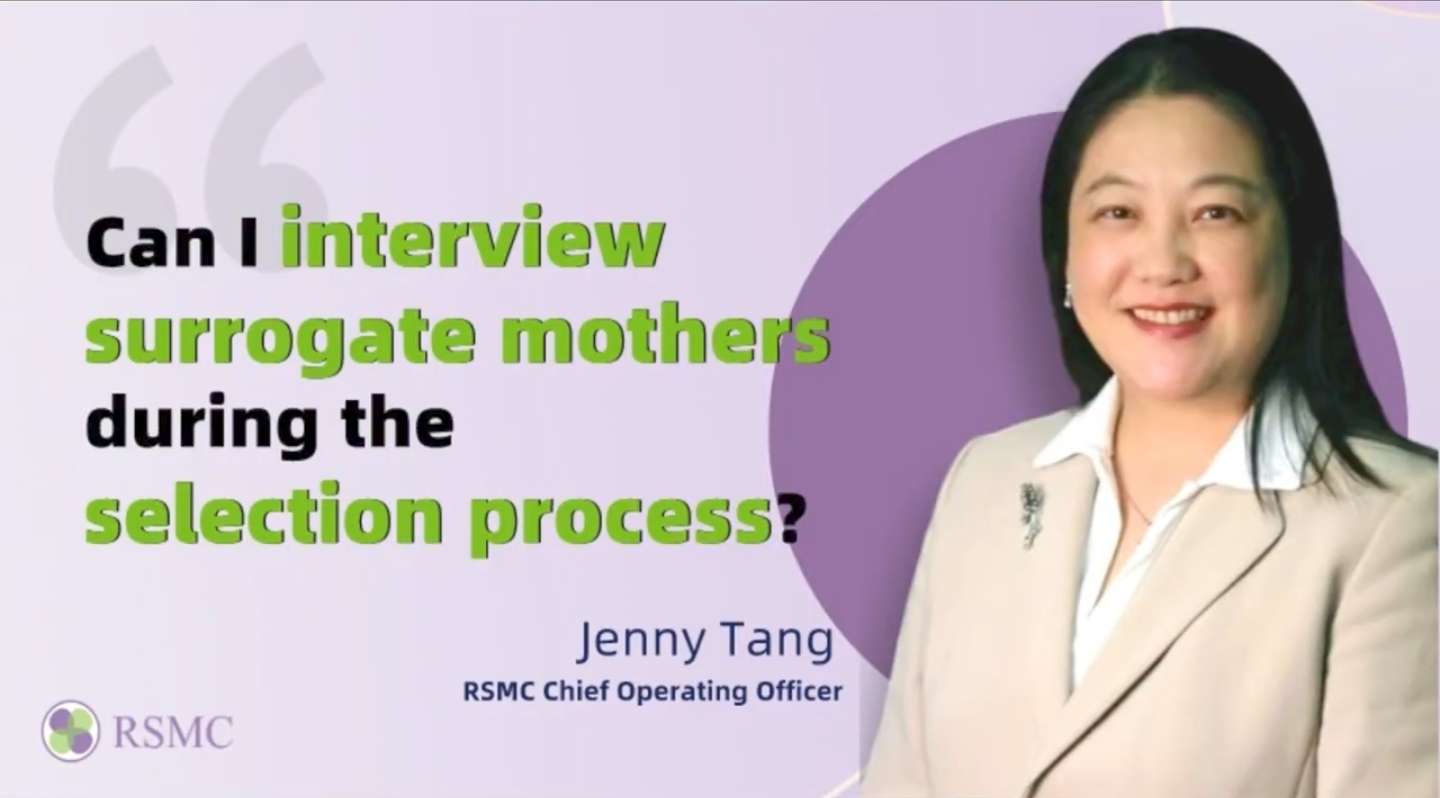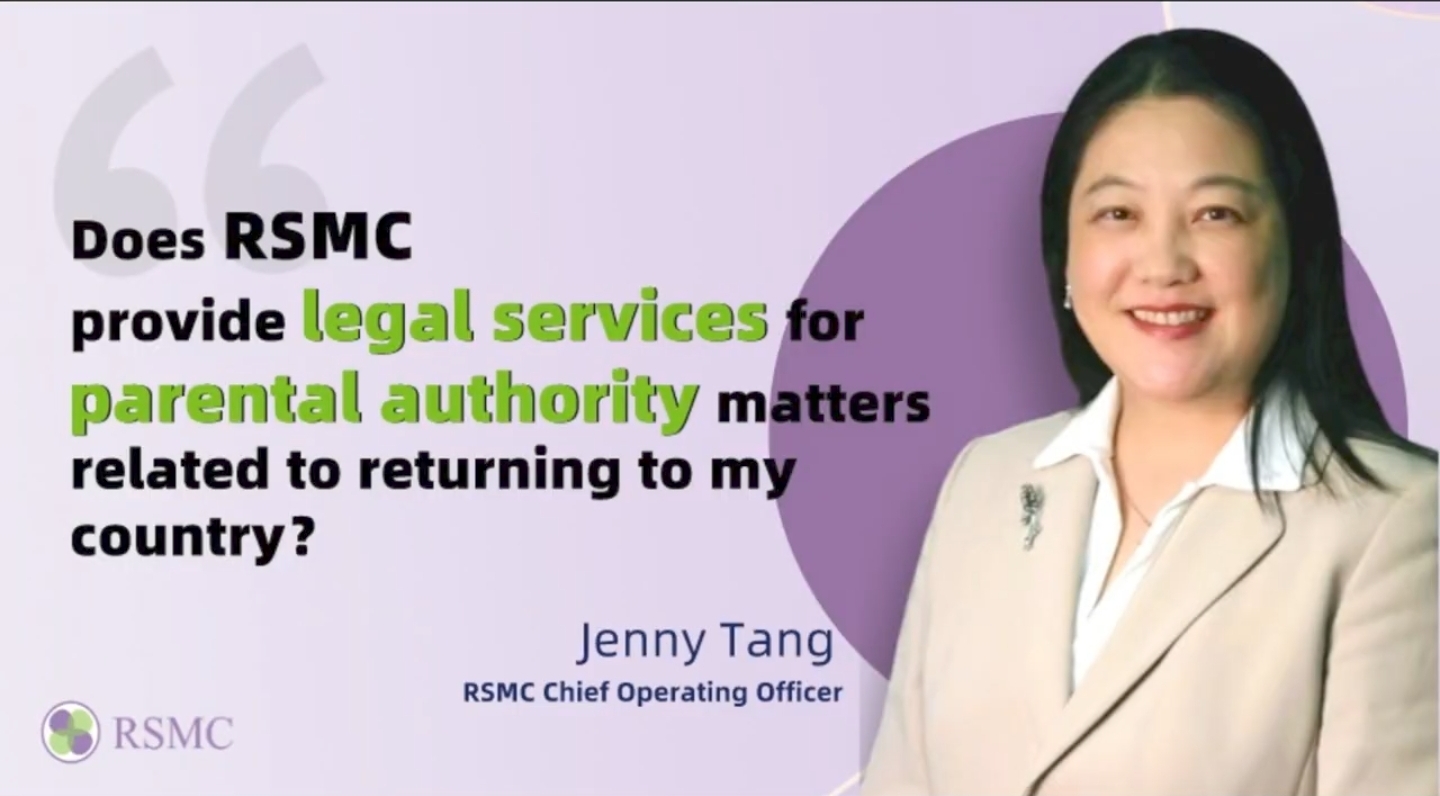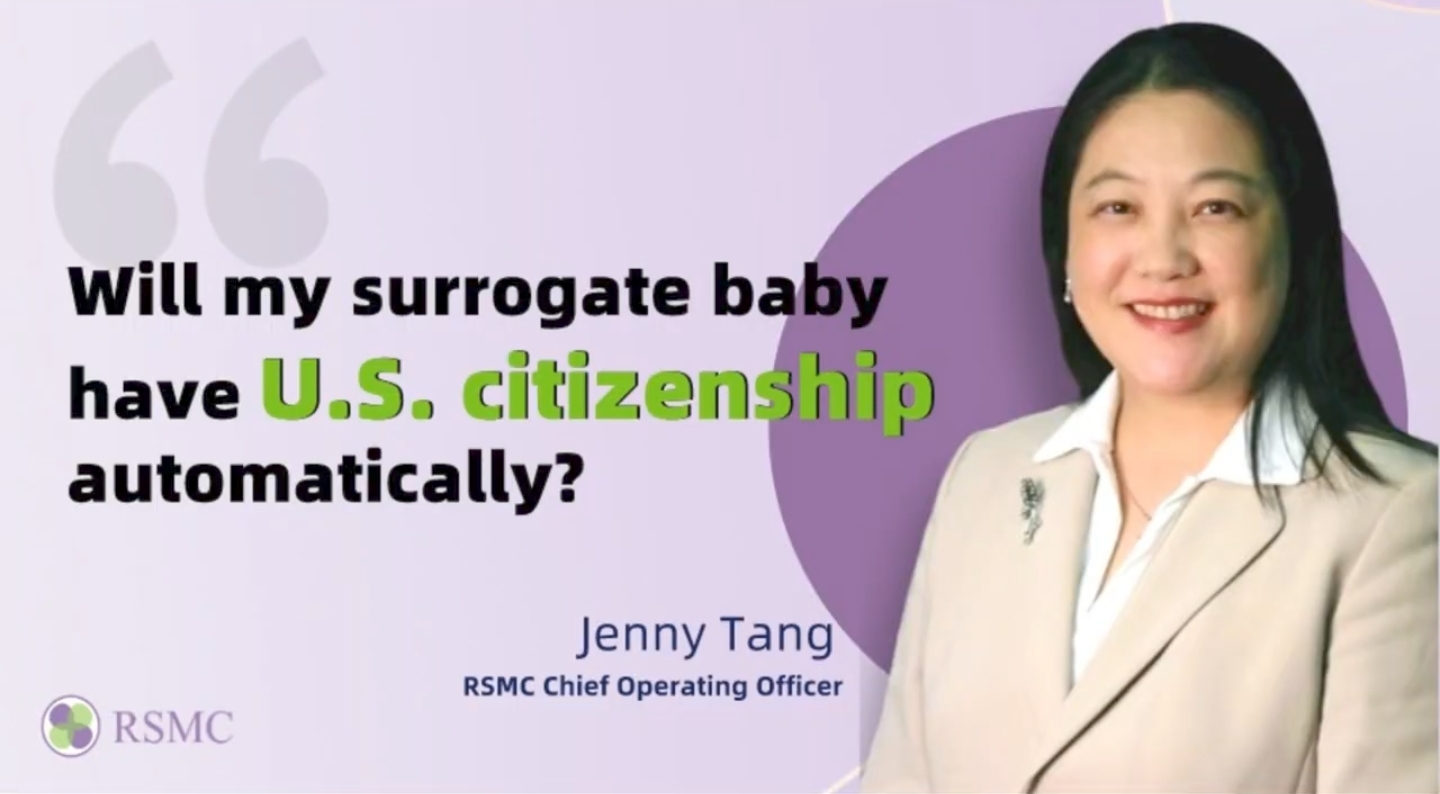Introduction to Surrogacy in the USA: Process and FAQs All in One
What are the steps involved in surrogacy in the USA, and how much does it cost? For women who cannot conceive naturally and male same-sex couples, surrogacy is one way to have a child. However, if you’re considering surrogacy in the USA, what should you know beforehand? This article will explain the current state of surrogacy in the USA, the process, costs, and common questions, giving you a comprehensive understanding of everything related to surrogacy.

What is Surrogacy?
Surrogacy, also known as third-party assisted reproduction, involves using artificial reproductive technology to implant an embryo into the uterus of a third-party who assists with pregnancy. This process is typically used by women who, due to physiological conditions, are unable to conceive and bear children on their own, or by male same-sex couples who wish to have children but do not have a uterus.
Development and Legal Overview of Surrogacy in the USA
Commercial surrogacy in the USA began in the late 1970s and has over 30 years of development experience. In terms of IVF surrogacy technology, legal protection, and societal acceptance, the USA has reached a level of maturity that surpasses other countries engaged in surrogacy.

In the United States, surrogacy is not fully legal in all states. Some states have partial legality, while others explicitly prohibit it. However, in California, where RSMC Fertility Center is located, the laws are among the most permissive. Commercial surrogacy, same-sex IVF, and single-parent IVF are all fully legal. Prospective parents can even view detailed photos and basic information about the surrogate mother and egg donor.

Surrogacy Qualifications and Regulations in the USA
The USA has clear regulations and protections for the medical practices involved in surrogacy. Both the intended parents and the surrogate mother undergo professional physical and psychological evaluations, as well as background checks. Surrogate mothers are typically between 21 and 35 years old, have already had children, and enjoy being around children. In the USA, a surrogate mother has the right to refuse a match if she doesn't feel comfortable with the intended parents, establishing an equal and mutually supportive relationship. Reputable and legal third-party assisted reproduction companies provide transparent cost breakdowns, including compensation for the surrogate mother's lost wages during pregnancy, prenatal care expenses, insurance for medical procedures, and more. These funds are transferred into an escrow account managed by a professional fiduciary according to U.S. law. Any remaining funds after the surrogacy process is completed are refunded to the intended parents.
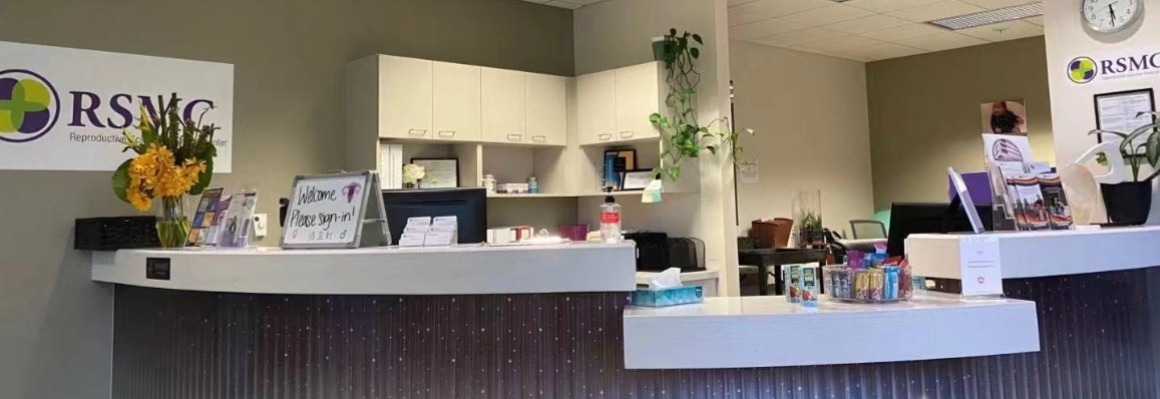
Surrogacy Process in the USA
Before starting the surrogacy process, there are two options and processes to choose from:
1. Create embryos in your home country, ensuring they pass PGS genetic screening, and then transport them to the USA for surrogacy through professional international shipping.
2. Travel to the USA to retrieve eggs, and possibly use donor sperm or eggs to create embryos, which are then implanted into the surrogate mother's uterus.
However, beyond the medical procedures, there are many other details involved in surrogacy, such as surrogate coordination, establishing a trust account, signing contracts and handling parental rights, managing surrogate prenatal care and risk control, and processing the baby's birth certificate and passport after birth. To simplify and streamline the surrogacy process, RSMC Fertility Center offers a comprehensive one-stop service. This includes a strictly managed surrogate database overseen by doctors, as well as specialized units handling all non-medical procedures. This means that intended parents do not need to spend extra time or effort, as a dedicated project manager will take care of everything from start to finish, ensuring you successfully bring your baby home.

Surrogacy Costs in the USA
The cost of surrogacy in the USA generally starts at $180,000 USD. Due to the high costs and potential impact of the intended parents' physical conditions (such as the quality of sperm, eggs, or embryos), some agencies allow multiple embryo transfers with the same surrogate if the first attempt is unsuccessful. For example, RSMC Fertility Center allows up to three embryo transfers with the same surrogate. For more detailed information on costs, you can refer to RSMC's surrogacy treatment fees.
Why Choose Surrogacy in the U.S.? The 3 Most Common Questions About Surrogacy
Why choose surrogacy in the U.S.? What nationality will the baby have after surrogacy is completed in the U.S.? Below, RSMC answers the three most common questions about surrogacy in the U.S.

Why pursue surrogacy in the U.S.?
1. Advanced Technology and High Success Rates
The U.S. boasts a higher IVF success rate compared to countries like Taiwan, Thailand, and even other developed nations in Europe. As a global leader in IVF and surrogacy, the U.S. has pioneered these techniques, offering the most advanced treatments. The practice of single embryo transfer combined with PGS/PGD genetic screening can lead to a pregnancy success rate of over 80%, attracting couples from all over the world who struggle with infertility.
2. Open Reproductive Policies
The U.S. has the most open reproductive policies. In many states, same-sex couples, single parents, and surrogacy are legal and fully protected by law. U.S. law not only prioritizes the rights of intended parents (such as parenthood rights) but also respects the rights of egg donors, sperm donors, and surrogates. At RSMC, we ensure that donors and surrogates are well compensated and supported, including legal and insurance protection throughout the medical process.
Moreover, the U.S. is committed to the rights of the child. All intended parents and third-party participants must undergo rigorous psychological evaluations and background checks to ensure that they are loving and responsible, providing a safe and nurturing environment for the child. Unlike countries or agencies involved in gray-area medical practices, the U.S. places great emphasis on human rights, equal to the importance of reproductive rights.

What is the baby's nationality after surrogacy in the U.S.?
The U.S. follows the principle of jus soli (right of the soil). A child born via surrogacy in the U.S. automatically receives U.S. citizenship. This means that intended parents can return home without any impact, and once the child turns 21, they can sponsor their parents for a green card. U.S.-born children are also entitled to 12 years of free public education and have a better chance of being accepted to universities with lower tuition costs than international students, along with more scholarship opportunities.
Of course, a baby born via surrogacy in the U.S. can also apply for Singapore citizenship upon returning to Singapore, provided that one of the parents is a Singapore citizen by registration, birth, or descent. Only in such cases can a child born outside of Singapore be registered for Singapore citizenship.
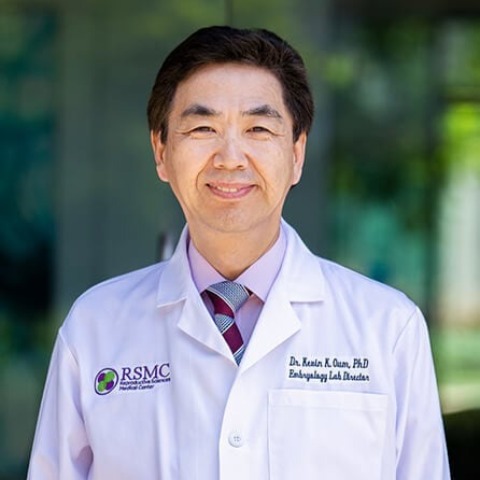
What are RSMC’s advantages in surrogacy?
1.Extensive Clinical Experience
RSMC Fertility Clinic, located in San Diego and Irvine, California, was established in 1995 and has over 27 years of clinical experience in reproductive medicine and infertility treatment. We have top fertility specialists with over 30 years of experience, one of the largest egg donor and surrogacy centers in North America, comprehensive medical insurance coverage, and a professional legal team handling all legal documents before the baby’s birth certificate is issued. From your first consultation to the birth of your baby, our dedicated team is here to support you. During the pandemic, we also introduced services to assist with bringing your baby home safely, focusing on every detail for the best outcome.
2.Outstanding Medical Team
RSMC’s Medical Director, Dr. Harari, is the President of the San Diego Obstetrics and Gynecology Association. Our team also includes Dr. Ho, a renowned physician among Asia’s political elite, as well as specialists like Dr. Werlin and Dr. Oum, who are experts in third-generation IVF techniques such as PGS (Preimplantation Genetic Screening), PGD (Preimplantation Genetic Diagnosis), and ICSI (Intracytoplasmic Sperm Injection). Their expertise is highly regarded by the American Society for Reproductive Medicine.
3.High-Quality Laboratory
The success rate of IVF is largely determined by the quality of the laboratory. RSMC’s embryology lab has earned the highest international CPA accreditation, ensuring optimal fertilization rates. Through PGS, we eliminate chromosomal abnormalities caused by advanced maternal age and select the highest-quality embryos, boosting the pregnancy success rate to 80%. The U.S. is also a legal haven for third-party reproduction, surrogacy, same-sex couples, and single-parent IVF.
At RSMC, we have one of the top three surrogacy centers in the U.S., with a diverse egg donor bank and sperm bank. Our rich and high-quality Asian egg donor database and sperm bank have successfully helped thousands of couples and LGBTQ+ families achieve their dream of parenthood. If you have any questions, please feel free to contact us, and we will provide detailed explanations and services tailored to your needs.


DR. DAVID HARARI
President and Chief Medical Officer
As a board-certified OB/GYN since 1986, Dr. Harari has treated many infertile couples over his career, utilizing surgical technologies such as robotics and minimally invasive procedures for the treatment of endometriosis, fibroids, and other gynecologic conditions. He has been instrumental in helping thousands of couples build the family of their dreams through both IVF and surrogacy.
About Dr. David Harari
Other
-
2024/01/29surrogacy
Does RSMC Provide Legal Services for Bringing the Child Back to the Home Country?
-
2024/01/29surrogacy
Is My Surrogate Child Automatically a U.S. Citizen?

